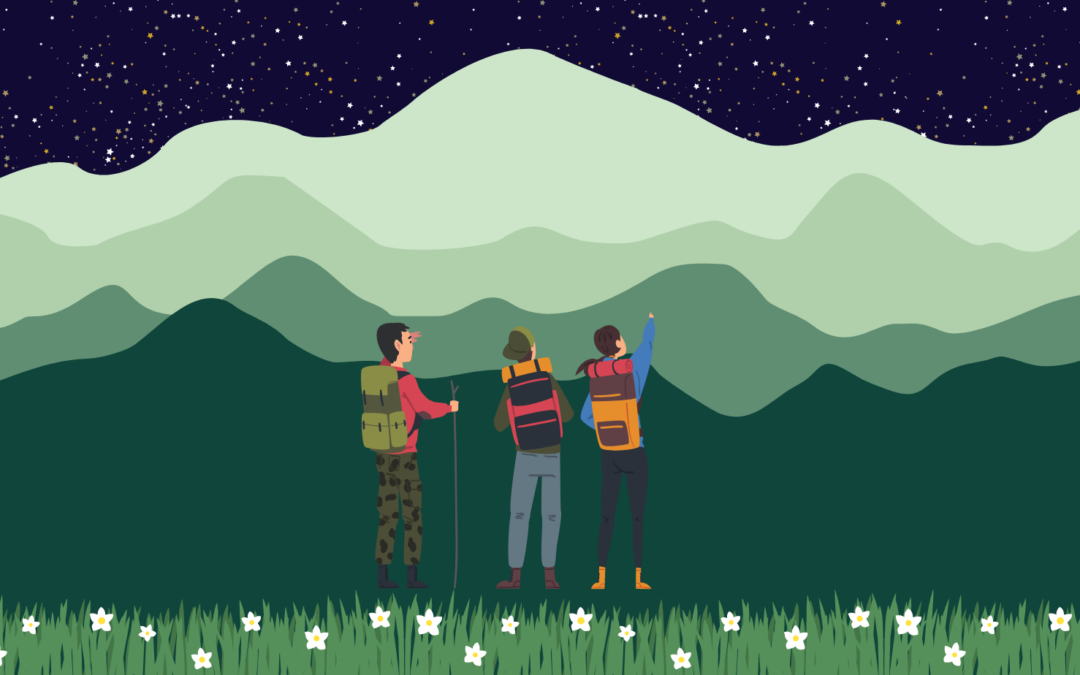In an increasingly digital and fast-paced world, mental health has become a critical concern for many. While traditional forms of therapy and medication can be effective, there is a growing body of evidence suggesting that the natural environment holds immense potential for mental well-being. This blog post explores the profound connection between nature and mental health treatment in Utah, shedding light on the science behind it, its benefits, and practical ways to incorporate nature into your daily life.
The Science Behind It
Research on the Positive Effects of Nature on Mental Wellbeing
Numerous studies have highlighted the positive impact of nature on mental health. Research published in Environmental Health Perspectives found that individuals living near green spaces had lower levels of stress hormones. Other studies, such as those from the Journal of Environmental Psychology, suggest that even short-term exposure to natural environments can significantly reduce symptoms of anxiety and depression.
How Being Outdoors Affects the Brain and Body
Being outdoors triggers several physiological and psychological responses that contribute to well-being. Natural light increases serotonin levels, a neurotransmitter associated with mood regulation. Additionally, the visual and auditory stimuli from nature, such as the sound of birds chirping or the sight of a flowing river, activate the parasympathetic nervous system, promoting relaxation and reducing stress.
Benefits of Nature on Mental Health
Stress Reduction and Its Impact on Anxiety and Depression
One of the most significant benefits of spending time in nature is stress reduction. The natural environment acts as a buffer against the negative impacts of urban stressors. Studies reveal that individuals who spend time in green spaces have lower cortisol levels, which helps in managing anxiety and depression more effectively.
Boost in Mood and Self-Esteem
Nature has a unique way of uplifting our spirits. Activities like hiking, gardening, or even a simple walk in the park have been shown to boost mood and self-esteem. This phenomenon is often referred to as the “biophilia effect,” indicating humans’ inherent affinity for the natural world.
Enhanced Creativity and Cognitive Function
Exposure to nature also enhances cognitive function and creativity. A study from the University of Kansas found that participants performed 50% better on creative problem-solving tasks after spending just a few days in nature. The tranquility and beauty of natural environments help clear the mind and improve focus, making it easier to tackle complex problems.

Activities to Reconnect with Nature
Suggestions for Outdoor Activities Accessible to All Fitness Levels
Connecting with nature doesn’t require a strenuous workout or a long trip to a national park. Here are some simple activities that can help you reap the benefits:
- Walking: A stroll in your local park or neighborhood.
- Gardening: Cultivating plants can be both therapeutic and rewarding.
- Bird Watching: Observing birds in their natural habitat can be calming.
- Picnicking: Enjoying a meal outdoors with family or friends.
- Meditation: Practicing mindfulness in a natural setting enhances its effects.
Tips for Incorporating Nature into Daily Life, Even in Urban Areas
Living in an urban area doesn’t mean you can’t connect with nature. Here are some tips to integrate nature into your routine:
- Create a Green Space: Use potted plants to bring greenery into your home or office.
- Visit Local Parks: Make it a habit to visit local parks or community gardens.
- Commute with Nature: If possible, walk or bike to work through scenic routes.
- Digital Detox: Allocate time each week to unplug and spend time outdoors.
The Future of Mental Health Treatment in Utah
Integrating Nature into Traditional Mental Health Therapies
The potential for integrating nature into traditional mental health therapies is immense. Ecotherapy, which involves structured activities in natural settings, is gaining traction as a complementary treatment for various mental health issues.
Ecotherapy and Green Spaces in Healthcare Settings
Healthcare providers are increasingly recognizing the value of green spaces within healthcare settings. Hospitals and mental health treatment in Utah and other places are incorporating gardens and outdoor spaces to aid in the healing process.
Conclusion
The connection between nature and mental health is undeniable. From reducing stress and anxiety to boosting mood and cognitive function, the benefits of spending time outdoors are profound and wide-ranging. As we move forward, integrating nature into our daily lives and mental health treatment in Utah can pave the way for a healthier, happier future.
We encourage you to share your experiences with nature and mental health. Spend more time outdoors and observe the positive changes in your well-being.

